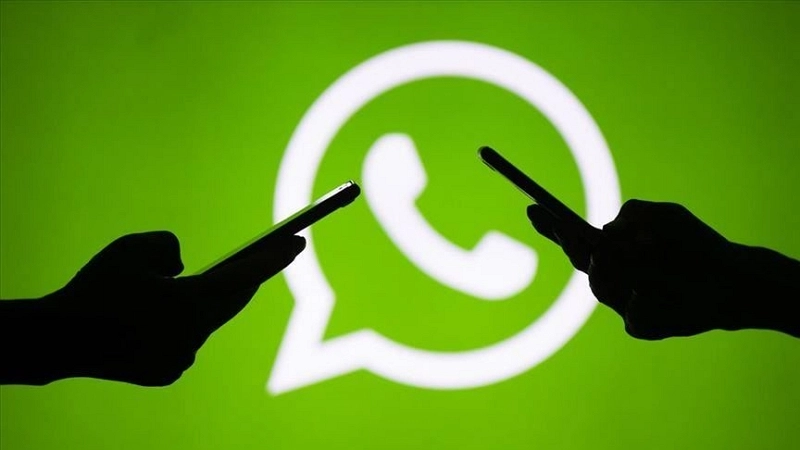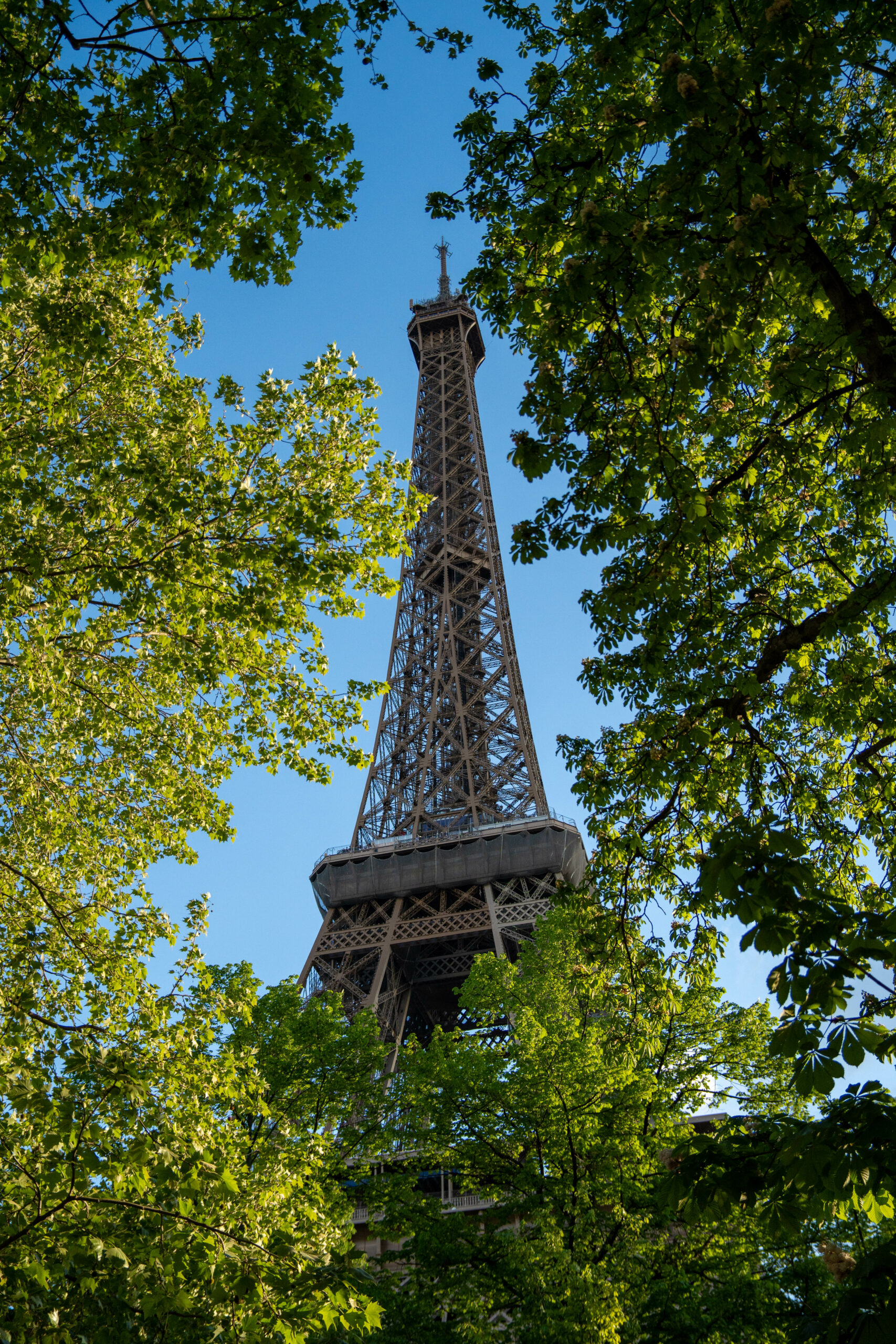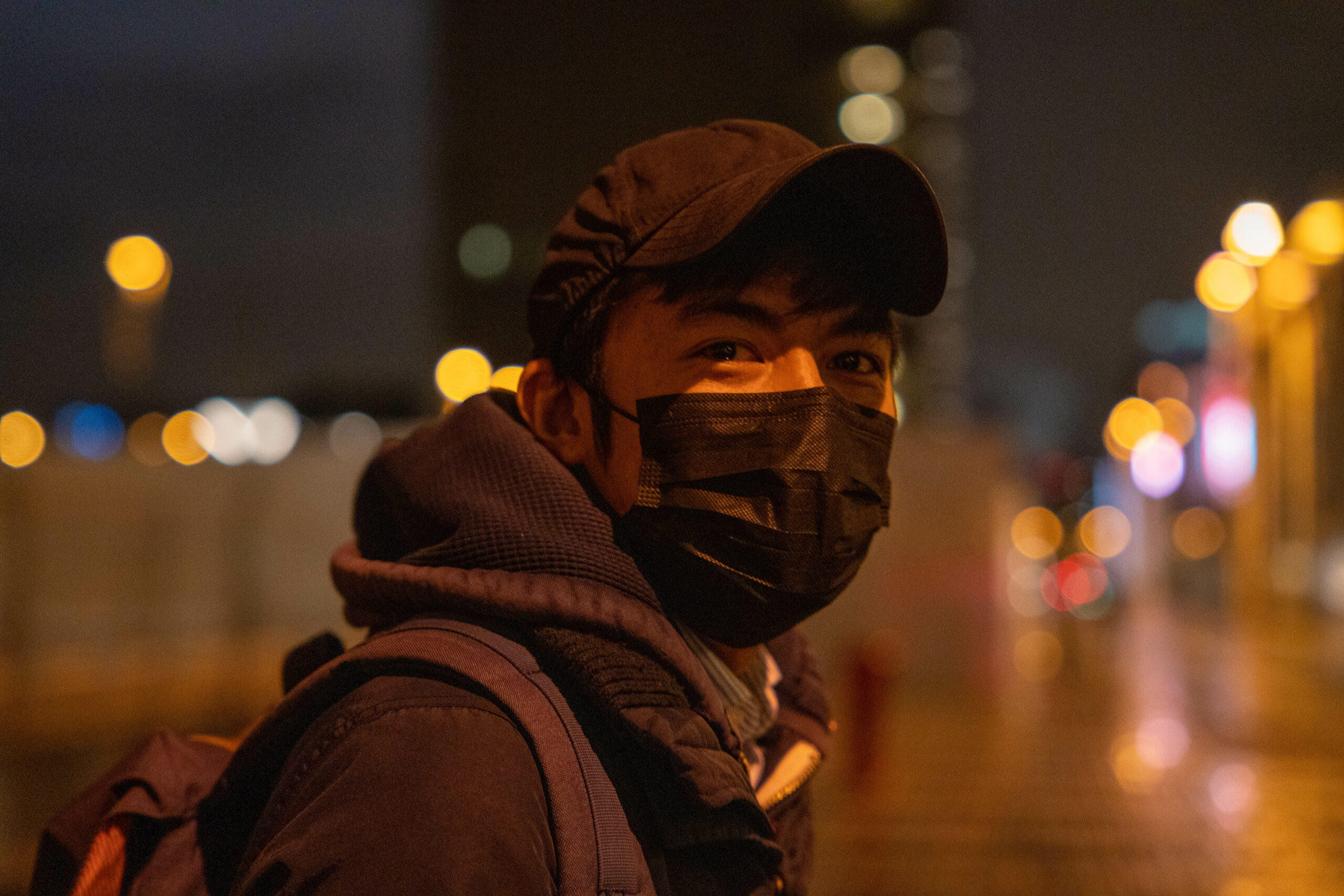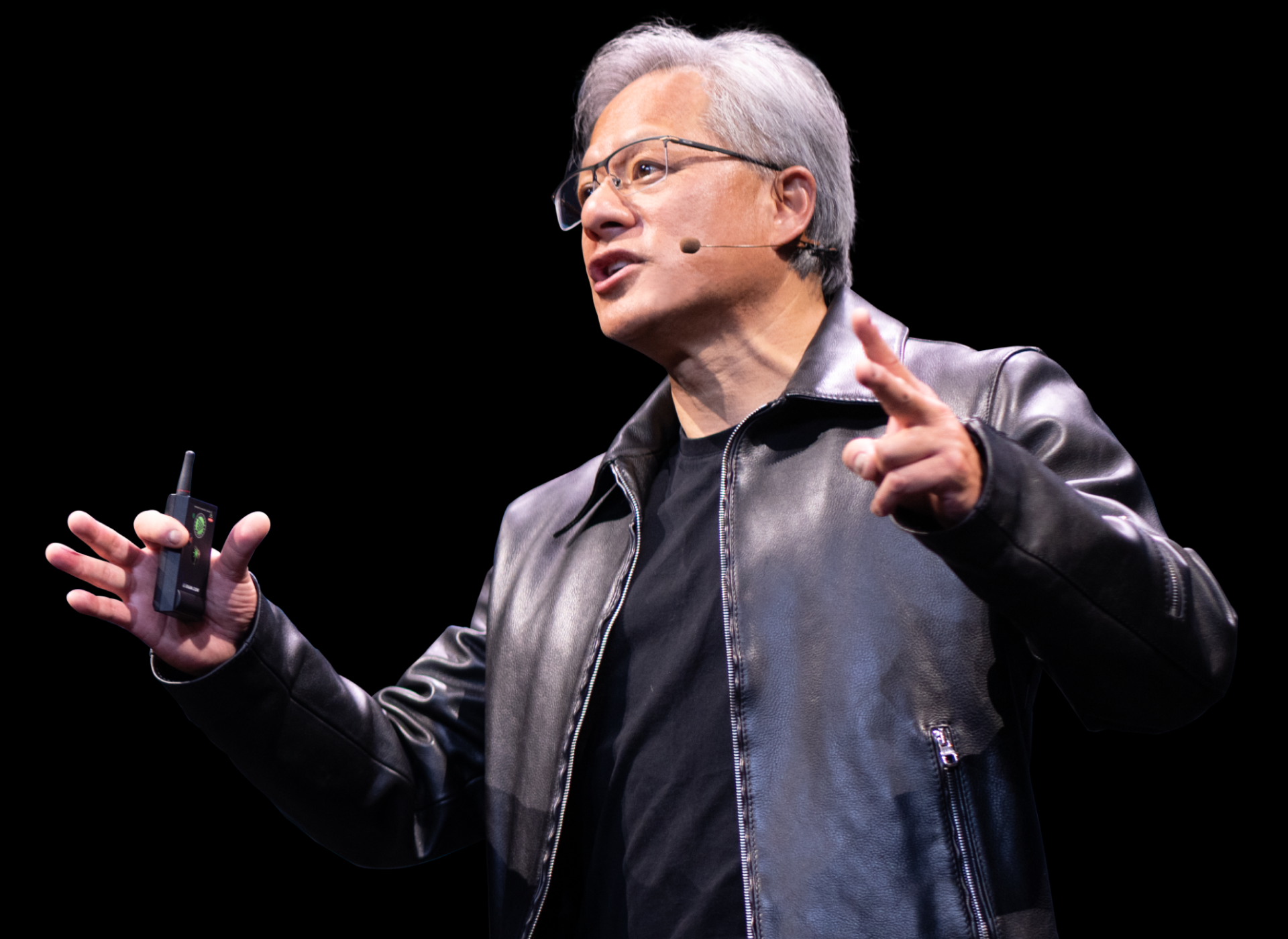Introduction
A few months ago, I removed this application from my smartphone, why because it is a dangerous application and you should do it. WhatsApp has become one of the most popular messaging apps in the world. With over 2 billion users, it’s easy to see why people choose to communicate through this platform. However, there are growing concerns about the privacy and security of WhatsApp. In this article, we’ll take a closer look at why WhatsApp is not a private messaging app and explore some of the best alternatives for those looking for more secure options.

The Truth About WhatsApp Privacy
Many people assume that WhatsApp is a secure messaging app because of its end-to-end encryption. This means that the messages you send and receive are encrypted on your device and can only be decrypted by the intended recipient. While this does make it difficult for anyone to intercept and read your messages, it does not mean that WhatsApp is entirely secure.

One major issue with WhatsApp is that it does not protect your metadata. Metadata includes information about who you communicate with, from where, at what time, how often, and from which device. This information can be just as revealing as the content of your messages and can be used to track your activity and build a profile of your online behavior.

Furthermore, in 2021, WhatsApp changed its privacy policy to allow the sharing of its users’ metadata and transactional data with Meta, its parent company. Meta has a reputation for disregarding user privacy, making this change in policy a major concern for anyone using WhatsApp.
What to Look for in a WhatsApp Replacement
If you’re concerned about your privacy and want to switch from WhatsApp, there are several key features to look for in a messaging app:

End-to-End Encryption
The most important feature to look for in a messaging app is end-to-end encryption. This means that only you and the person you’re communicating with can read the messages you send and receive.
Minimal Metadata Logging
Another important consideration is how much metadata the app collects and shares. Look for apps that collect minimal metadata and be sure to check their privacy policy to see what they share with third parties.
Open-Source Transparency
Finally, consider using an app that is open-source. This means that the app’s code is publicly available, allowing anyone to examine it and verify that it is secure.
The Best Alternatives to WhatsApp
If you’re looking for a more secure messaging app, there are several great alternatives to WhatsApp that offer end-to-end encryption and minimal metadata logging. Here are our top picks:

Signal
Signal is an open-source messaging app that offers end-to-end encryption and minimal metadata logging. It’s free to use and available on both iOS and Android.
This is what I use.
me
Telegram
Telegram is another popular messaging app that offers end-to-end encryption and minimal metadata logging. It’s also free to use and available on both iOS and Android.
Too many notifications
Me
Threema
Threema is a paid messaging app that offers end-to-end encryption and does not collect any metadata. It’s available on both iOS and Android and is popular in Europe.
I don’t even know this application.
Me
Wire
Wire is another open-source messaging app that offers end-to-end encryption and minimal metadata logging. It’s free to use and available on both iOS and Android.
Conclusion
While WhatsApp may be popular, it’s not the most secure messaging app out there. Its lack of protection for metadata and sharing of user data with Meta makes it a privacy concern for many. Fortunately, there are several great alternatives available that offer end-to-end encryption, minimal metadata logging, and open-source transparency.

How To Protect Your Privacy Online
Step 1: Don’t Share your location online.
Step 2: Always read the terms and conditions.
Step 3: No need to share everything on Social Media
Step 4: Don’t save passwords
Step 5: Check your apps’ permissions
Arguing that you don’t care about the right to privacy because you have nothing to hide is no different than saying you don’t care about free speech because you have nothing to say.
Edward Snowden
- Driving Innovation: How Tech Partnerships Power Formula 1 Success - 9 December 2024
- Netflix Faces Technical Knockout During Highly Anticipated Mike Tyson vs. Jake Paul Fight - 17 November 2024
- Is the U.S. in a Recession? - 1 October 2024




























